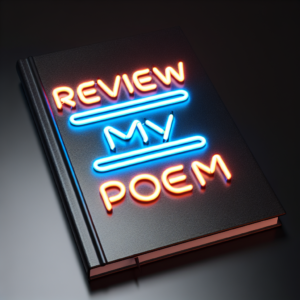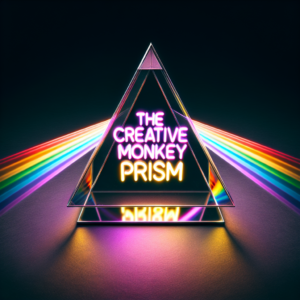Being a ‘control freak’ can strain relationships, stifle creativity, and contribute to high levels of stress. By understanding the underlying causes and effects of excessive control, we can develop healthier coping mechanisms and foster better relationships, both with ourselves and with others.
10 Insights on the Impacts of Excessive Control
- Strained Relationships: Constantly seeking control can strain personal and professional relationships, creating an atmosphere of tension and mistrust.
- Stifled Creativity and Innovation: Over-controlling environments can limit creativity and innovation by discouraging autonomy and independent thinking.
- Increased Stress: The pursuit of control can lead to high levels of stress, particularly when situations are inherently uncertain or uncontrollable.
- Underlying Insecurity: The need for control often stems from deep-seated fears and insecurities, such as a fear of uncertainty, failure, or vulnerability.
- Resistance to Change: ‘Control freaks’ may resist change due to the perceived threat to their control.
- Impacts on Self-Esteem: The need for control can be linked to low self-esteem, with control acting as a defense mechanism to avoid feelings of inadequacy.
- Barrier to Personal Growth: Being overly controlling can hinder personal growth by preventing the exploration of new ideas, perspectives, and experiences.
- The Role of Trust: Building trust in oneself and others can alleviate the need for excessive control.
- Acceptance and Letting Go: Learning to accept uncertainty and let go of what we can’t control is key to overcoming the pitfalls of being a ‘control freak’.
- Mindfulness and Self-Awareness: Mindfulness practices can cultivate self-awareness, helping to identify controlling behaviors and their triggers.
QR Poet Summary
Being overly controlling can negatively impact relationships, stifle creativity, and increase stress levels. By understanding the roots of this behavior and cultivating trust, acceptance, and mindfulness, we can let go of unnecessary control, enrich our relationships, and embrace personal growth.
The Big Question
How does your need for control influence your relationships, creativity, and stress levels, and what strategies can you implement to manage this need and foster a healthier approach to control?










